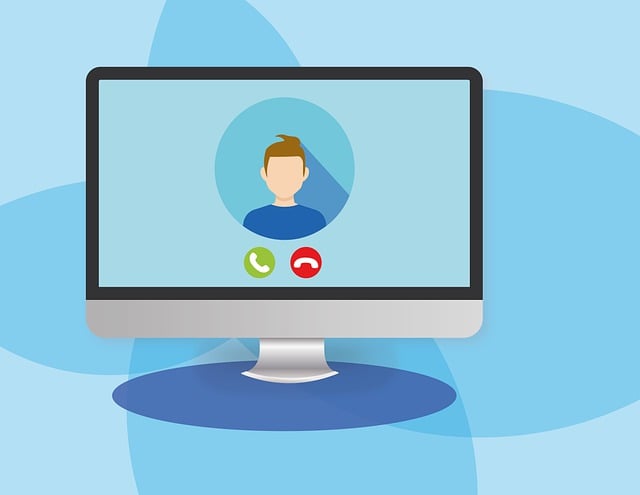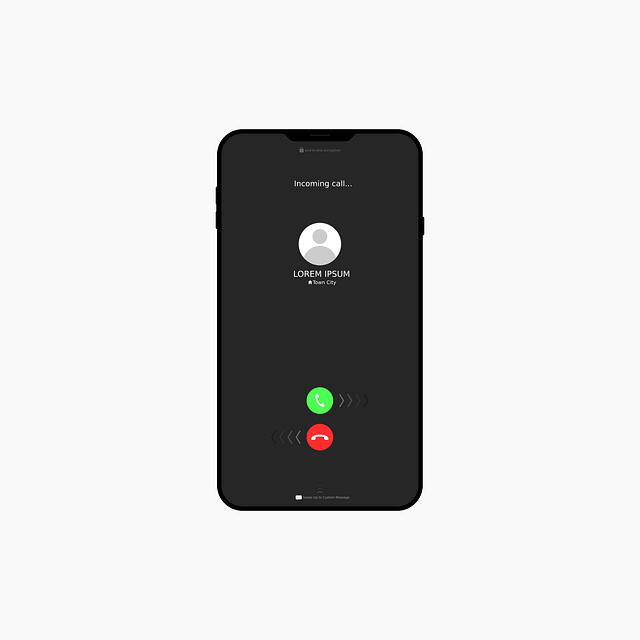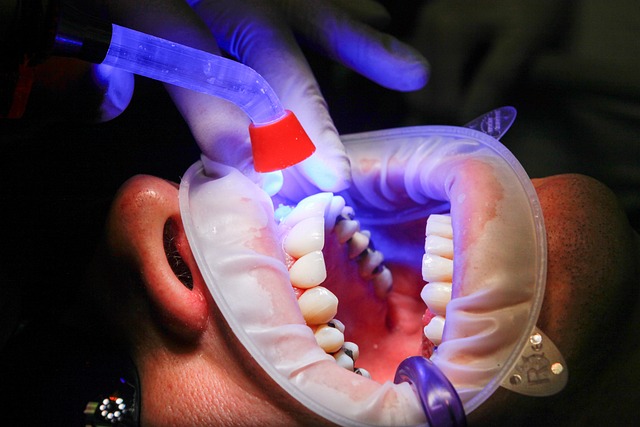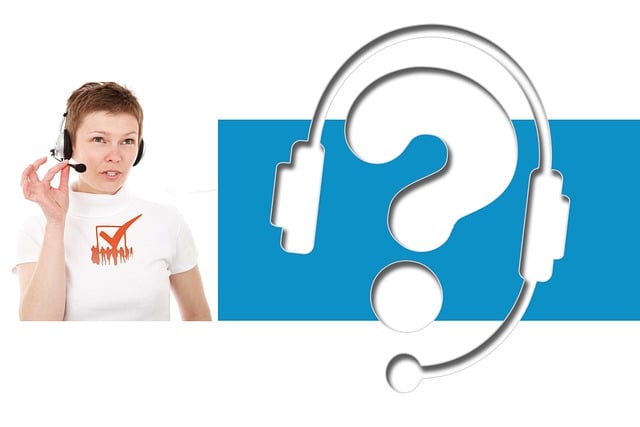Efficient clinic call recovery involves a balanced blend of manual strategies and automated tools to manage missed calls, schedule appointments, reduce no-shows, maximize resource utilization, and enhance patient satisfaction in today's healthcare environment. Combining prompt return calls (within 24 hours), automated follow-ups, and staff training improves engagement, converts leads, and boosts clinic efficiency through advanced technologies like call resolution systems. Measuring appointment bookings highlights success and optimizes processes for better care delivery.
In the competitive healthcare landscape, effective clinic call recovery is crucial for maximizing appointment bookings. Whether through manual or automated systems, efficient call handling significantly improves patient engagement and service quality. This article delves into the fundamentals of clinic call recovery, exploring both traditional manual strategies and cutting-edge technological solutions. We examine the benefits, implementation best practices, and success measurement techniques for automated call recovery systems, offering valuable insights to healthcare providers striving to optimize their appointment scheduling processes.
- Understanding Clinic Call Recovery: The Basics
- Manual Strategies for Efficient Call Handling
- Automating the Process: Technology Solutions
- Benefits of Automated Call Recovery Systems
- Implementing and Training Staff for Success
- Measuring Success: Evaluating Appointment Bookings
Understanding Clinic Call Recovery: The Basics

In the fast-paced world of healthcare, efficient clinic call recovery is non-negotiable. It involves a strategic approach to manage and follow up on missed patient calls, ensuring no potential appointment slots go unfilled. The primary goal is to convert these unanswered calls into scheduled appointments, thereby increasing clinic productivity and patient satisfaction. This process begins with robust systems that can automatically identify and prioritize missed calls, providing staff with a clear overview of the leads that need attention.
Effective clinic call recovery goes beyond simply reclaiming missed leads; it’s about implementing an unanswered call resolution strategy that streamlines the patient booking journey. By adopting automated tools alongside manual interventions, healthcare facilities can optimize their appointment scheduling systems. This dual approach ensures that lost call appointments are recovered efficiently, minimizing no-shows and maximizing resource utilization.
Manual Strategies for Efficient Call Handling

In the realm of clinic call recovery, manual strategies remain an essential component despite advancements in technology. Efficient call handling involves a well-organized approach where trained staff members prioritize patient interactions, ensuring no missed opportunities for appointment bookings. One effective method is implementing a structured medical callback protocol, where calls are promptly returned within 24 hours, increasing the chance of reclaiming missed leads and fostering patient engagement.
Staff can optimize their time by utilizing call follow-up automation tools that streamline the process. These systems enable them to efficiently manage high call volumes, reducing wait times for patients and enhancing overall clinic efficiency. By combining manual expertise with automated solutions, healthcare facilities can effectively navigate the intricate process of reclaiming missed leads, ultimately improving patient satisfaction and appointment bookings.
Automating the Process: Technology Solutions

In today’s digital era, automating the clinic call recovery process through advanced technology solutions has become a game-changer for healthcare providers. By implementing robust call follow-up automation and unanswered call resolution systems, medical practices can significantly enhance their patient communication strategies. These technologies ensure that no missed calls go unheard, allowing for improved medical callback protocols. With automated systems, practices can quickly identify and prioritize patients who have not answered their calls, ensuring timely follow-up and increasing the chances of booking an appointment.
Effective automation leverages sophisticated algorithms to manage vast call volumes, personalized patient data, and intelligent routing. This ensures that every missed call is addressed promptly, reducing no-show rates and maximizing the efficiency of the clinic’s appointment scheduling system. By streamlining these processes, healthcare providers can focus on delivering quality care while maintaining a robust communication framework with their patients.
Benefits of Automated Call Recovery Systems

Automated call recovery systems offer numerous advantages for healthcare providers and clinics looking to optimize their appointment booking processes. One of the key benefits is improved patient engagement, as these systems can instantly reach out to patients who missed their appointments, offering them alternative time slots or re-booking opportunities. This proactive approach significantly reduces no-shows and enhances overall clinic call recovery rates.
Additionally, automation streamlines the process of unanswered call resolution by efficiently managing a high volume of call follow-ups. Call follow-up automation ensures that every missed call is addressed promptly, allowing healthcare providers to reclaiming missed leads and maximizing appointment bookings. This not only saves time for staff but also contributes to better patient retention and improved clinic efficiency.
Implementing and Training Staff for Success

Implementing an effective clinic call recovery system requires a strategic approach and dedicated staff training. The first step is to integrate a combination of automated tools and manual processes. Call follow-up automation can efficiently manage a high volume of missed calls, promptly delivering messages or scheduling appointments based on patient preferences. However, it’s crucial not to replace human interaction entirely. Unanswered call resolution often benefits from the personal touch of trained staff members who can address complex issues and build stronger patient relationships.
Staff should be equipped with clear guidelines for handling missed calls, including scenarios and scripts tailored to different patient needs. Regular training sessions focusing on communication skills and empathy are essential. By fostering a culture of proactive call management, clinic employees can turn missed opportunities into booked appointments, improving overall patient engagement and reducing no-show rates. This strategic blend of technology and human expertise ensures optimal clinic call recovery results.
Measuring Success: Evaluating Appointment Bookings

Measuring success is a crucial step in determining the effectiveness of clinic call recovery strategies. Evaluating appointment bookings provides a clear indicator of progress and the overall health of patient scheduling. By tracking the number of successful appointments booked after implementing automated or manual systems, healthcare providers can gauge their impact on increasing patient engagement and attendance.
A well-designed medical callback protocol or call follow-up automation can significantly improve reclaiming missed leads. These strategies ensure that no potential patients are left unattended, enhancing the clinic’s reputation for excellent patient care and service. Through regular analysis of booking data, healthcare administrators can identify trends, optimize scheduling, and fine-tune their recovery processes to achieve optimal appointment rates.
